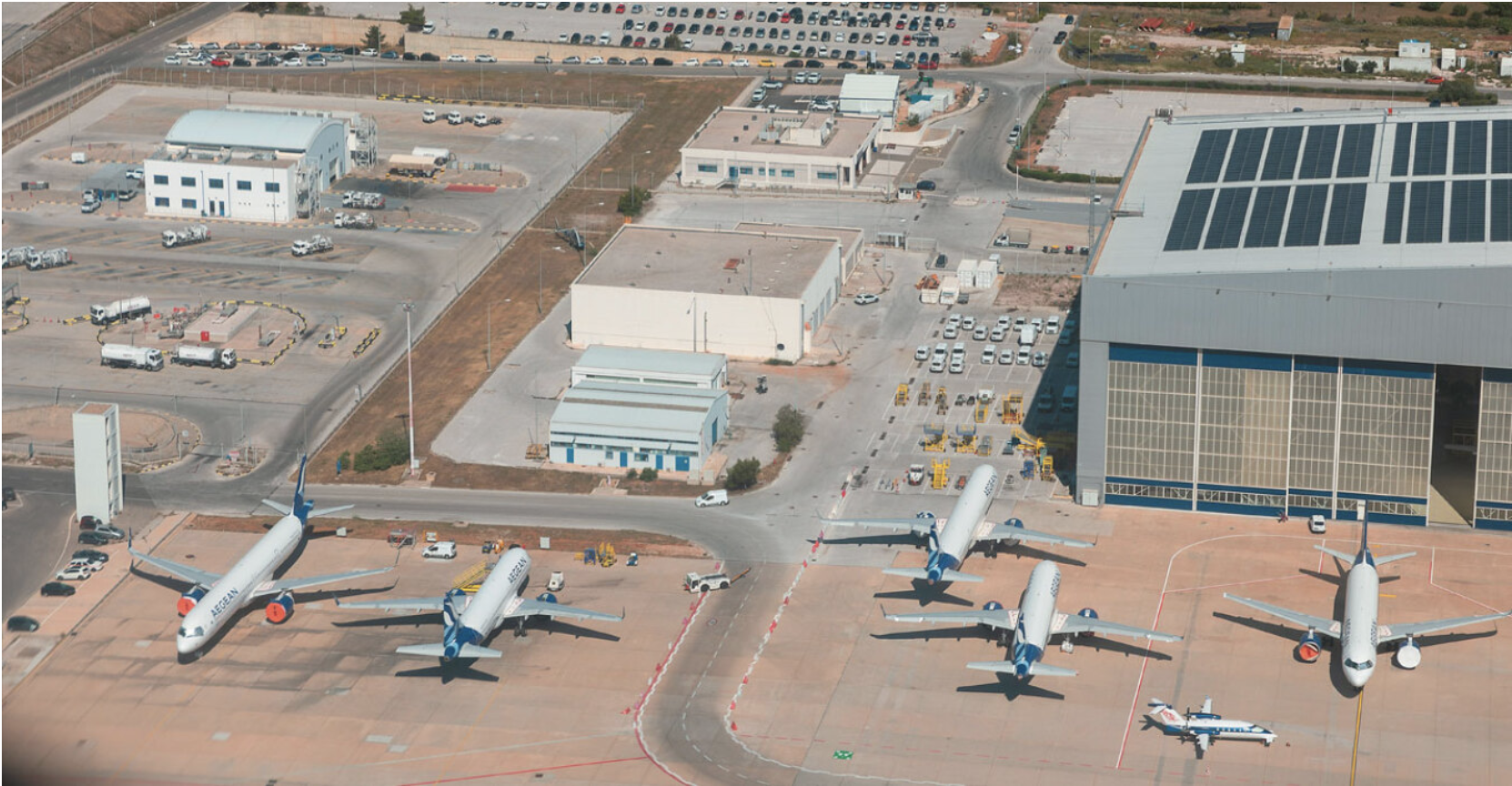Comparing the quality of life and the economy between Greece and Australia countries is a popular subject of discussion among Greeks, both those living in Greece and those who have migrated to Australia. This debate has been particularly relevant nowadays, since Greece’s debt crisis has been one of the main causes of migration for around half a million Greeks that left their country during the last decade, seeking a better income/cost of living ratio in other countries, and particularly in Australia.
Popular Misconceptions
One of the factors that led to this article being written, was the conflicting views we hear from both sides which usually have little to do with reality.
In Greece, a lot of people believe that it is easy for someone to achieve high income status and build a fortune abroad, a notion often expressed by people who have never migrated. The idealisation of life abroad, coupled with the lack of opportunities and prospect in Greece, causes the majority of young people to seriously consider migration, sometimes without having been properly prepared beforehand to face any challenges that may arise, in their effort to settle and adapt in the new environment.
On the other hand, a popular belief among Greeks living in Australia, is that young people in Greece are lazy and stay unemployed by choice, refusing to work in positions irrelevant to their university degree, and preferring to live with their parents and delay their financial independence. However, those who support this claim, are usually people who left Greece ages ago and only return for holidays during the summer, so they don’t really have a clear overview of the situation. At the same time, a large portion of the elderly Greeks in Australia, are complaining about the high cost of living and their low income which, in most of the cases, exclusively comes from Centrelink.
In order to clear things up, we gathered information about life in Athens and Melbourne, not only concerning the wages, but also taking under consideration the cost of living and the purchasing power of their inhabitants.
Incomparable Economies
Today, Greece’s GDP is around US $ 205 billion compared to Australia’s US $ 1.3 trillion, which shows that the economies of those countries are not really comparable. There is also a huge difference in unemployment rates, which are 20.1 per cent in Greece (43.2 per cent among young people) and only 5.4 percent in Australia (11.6 per cent among young people) – according to data by tradingeconomics.com, posted on May 2018.
Minimum Wage
First of all, we need to clarify that the reason we chose the minimum wage as a comparison tool, is that most of the jobs offered to young people in Greece are very low in the income scale. Accordingly, a newcomer to Australia is likely to start working with the minimum wage as they won’t be familiar with the context or have time for thorough networking.
According to the legislation, the minimum wage in Australia is $18.93 per hour ($3820 per month), while in Greece it is $5.30 per hour ($1,070 per month) before tax. The difference is admittedly impressive, with the Australian minimum wage being more than three times the Greek minimum wage.
As for the average monthly income per capita, it is 300 percent higher in Melbourne ($4,487) compared to Athens ($1,119).
Finally, when it comes to taxation policy, which varies considerably between the two countries, this also has a serious impact on the citizens’ income, with self-employed people and businesses in Greece being significantly affected by the austerity measures. The indicative tax-free threshold in Australia is $18,200 per year while in Greece it is expected to further decrease to $ 8,900 per year in 2019.
Cost of Living
According to number.com, a website which assesses the cost of living in various cities around the world, a family of four needs around $6,487 per month in order to cover all of their needs in Melbourne, while the equivalent amount in Athens would be $4,264 per month. Those indicative numbers refer to a family with two children which rents a three-bedroom apartment outside the city centre, uses public transport, doesn’t own a car, have most of their meals at home, purchases reasonably-priced clothing, has a gym-membership for one of the adults, none of them is a smoker, all members of the family go out in a restaurant or at the movies once per week, and spend week-long holidays once a year in a modest and affordable manner.
Similar figures are presented by expatistan.com, a website which calculates that the cost of living in Athens is 32 per cent lower than the cost of living in Melbourne (numbeo.com assesses this difference at 38 per cent).
Comparing the cost of goods between the two cities, we find that Athens is more expensive than Melbourne for milk (by 45 per cent), fuel (by 69 per cent) and mobile phone bills (by 70 percent). The Greek Value Added Tax (VAT) of 24 percent definitely doesn’t help with the prices, especially when we compare it to the Australian Goods and Services Tax (GST) which stands at 10 percent.
On the contrary, Melbourne is a lot more expensive regarding fruit and vegetables (by 51 per cent), bread (by 55 per cent), monthly pass for public transport (by 210 per cent), apartment rent (by 239 per cent), house prices (the difference ranging from 185 per cent to 275 per cent) and cigarettes (by 313 per cent).
Conclusion
Taking all of the above under consideration, we find that the purchasing power of an average Melbourne resident is equal to two and a half times the purchasing power of an average Athens resident. Having a personal experience of living on a minimum wage in both countries, I can confirm that in Australia, a young person can be financially independent, being able to cover their, bills and other expenses, even though they would have to maintain a modest lifestyle, by Australian standards. We should also point out that despite their economic advantage compared to Greeks, Australians rightly demand further increase in minimum wage and especially in welfare benefits which are very low, considering the high cost of living.
Regarding the economic situation in Greece, it is almost impossible for someone to survive with the minimum wage, which is not sufficient to cover even basic needs such as housing, food and clothing. To understand what it feels like to live with a low income in today’s Greece, imagine that the equivalent of the Greek minimum wage in Australia would be $1,720 per month – and that is before tax. Adding up the numbers, we can only assume that the low income workers and the almost one million unemployed people in Greece continue to make ends meet thanks to the financial support of their extended families, the fact that most of them keep living with their parents and the packages of olive oil, fruit and vegetables and other goods they receive from close relatives living in the countryside.
Source: neoskosmos
Ask me anything
Explore related questions





